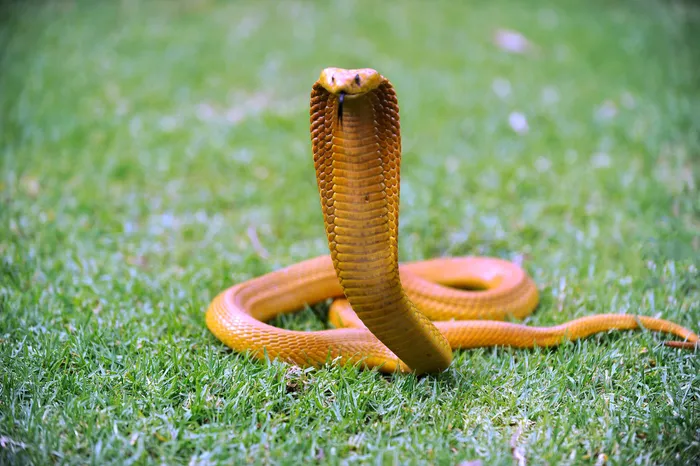As temperatures rise, Western Cape residents must stay alert for snakes

As the weather warms, Capetonians are warned of increased snake activity.
Image: Ian Landsberg/Independent Newspapers
As the Western Cape transitions into warmer, clearer weather, nature lovers and residents are urged to be vigilant as snakes emerge from their winter sleep.
The recent rise in temperatures and clear skies across the Boland and surrounding areas creates ideal conditions for these cold-blooded reptiles to become more active, increasing the likelihood of encounters.
Snakes are ectothermic, meaning their body temperature is regulated by their environment.
After a long, cold winter, they are drawn out by the sun, frequenting sightings in residential gardens, hiking trails, and open fields.
The Cape is home to a number of snake species, but residents should be particularly aware of the more venomous ones that pose a risk to both people and pets.
These include:
Puff Adder: A thick-set and slow-moving snake that relies on camouflage. It is responsible for the majority of serious snakebite incidents in South Africa due to its potent cytotoxic venom.
Cape Cobra: A highly venomous snake that is active during the day. It is known to be quick to defend itself if cornered and will readily spread a hood.
Boomslang: A shy, tree-residing snake with a powerful haemotoxic venom that affects blood clotting. A bite can be fatal if left untreated.
Berg Adder: A smaller snake with a largely neurotoxic venom. It is often found at higher altitudes but can also be present at sea level in fynbos-rich areas.
Crucial Safety Tips
In the event of a snake encounter, the Cape of Good Hope SPCA and other experts offer clear advice to ensure the safety of both humans and the snakes themselves.
Do not approach or provoke the snake. Keep a safe distance of at least three meters. Most snakes will move away on their own if given the space.
Keep your property tidy. Clear away piles of wood, rubble, and garden refuse, as these provide ideal hiding spots for snakes. This also helps to reduce the presence of rodents, which are a primary food source for snakes.
Watch your step. When hiking or walking in bushy areas, be alert and watch where you place your hands and feet.
If a snakebite occurs, it is critical to act calmly and quickly.
Call for medical help immediately. Get the person to the nearest hospital or medical facility with a trauma unit as soon as possible.
Do not try to suck out the venom, cut the wound, or apply a tourniquet. These actions are ineffective and can cause more harm.
Keep the victim still. Movement can increase the spread of venom through the bloodstream.
If possible, take a photo of the snake from a safe distance for identification, which will help doctors administer the correct antivenom.
For residents who find a snake in their home or garden, the best course of action is to call a professional snake catcher or the Cape of Good Hope SPCA for assistance.
Cape Times